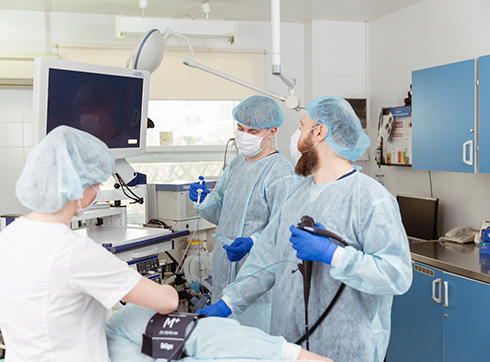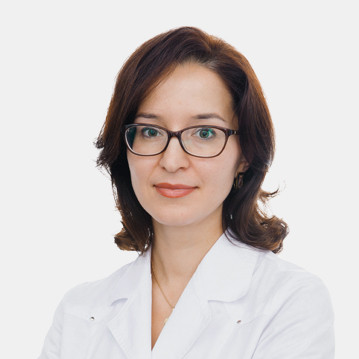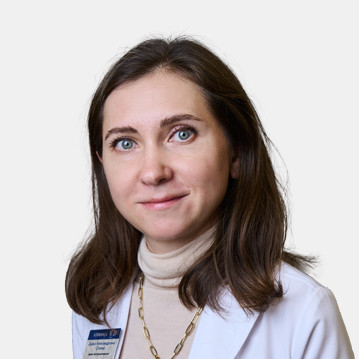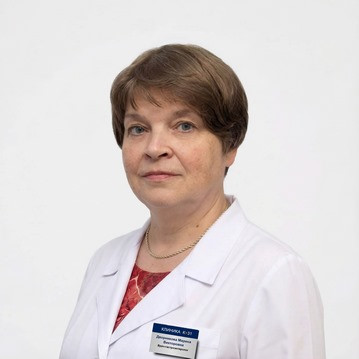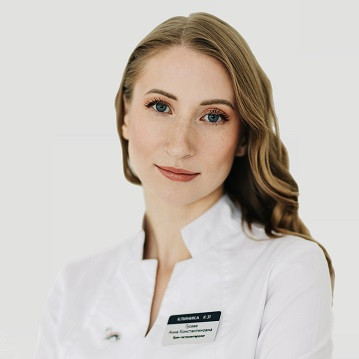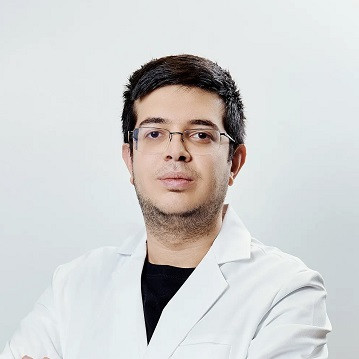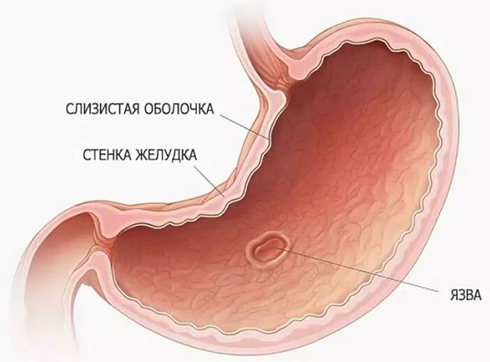
Peptic ulcer is a chronic relapsing, progressive disease. Its main symptom is the formation of a defect (ulcer) in the walls of the stomach.
The disease mainly affects people at a young age, often leading to temporary or even permanent disability.
Peptic ulcer usually develops as a result of gastritis associated with infection of Helicobacter pylori (HP) and is characterized by the possible development of consequences that can threaten the patient's life.
HP is a causative agent of chronic gastritis. However, in 90% of peptic ulcer cases, infection is also detected. In this regard, we can assume that it plays a leading role in the pathogenesis of peptic ulcer.
The pathophysiology of peptic ulcer is determined by the aggressive action of hydrochloric acid and pepsin, as well as a decrease in the protective properties of the gastroduodenal zone of the mucous membrane due to inflammation, metaplasia, dysplasia, atrophy, which are usually caused by contamination of HP.
